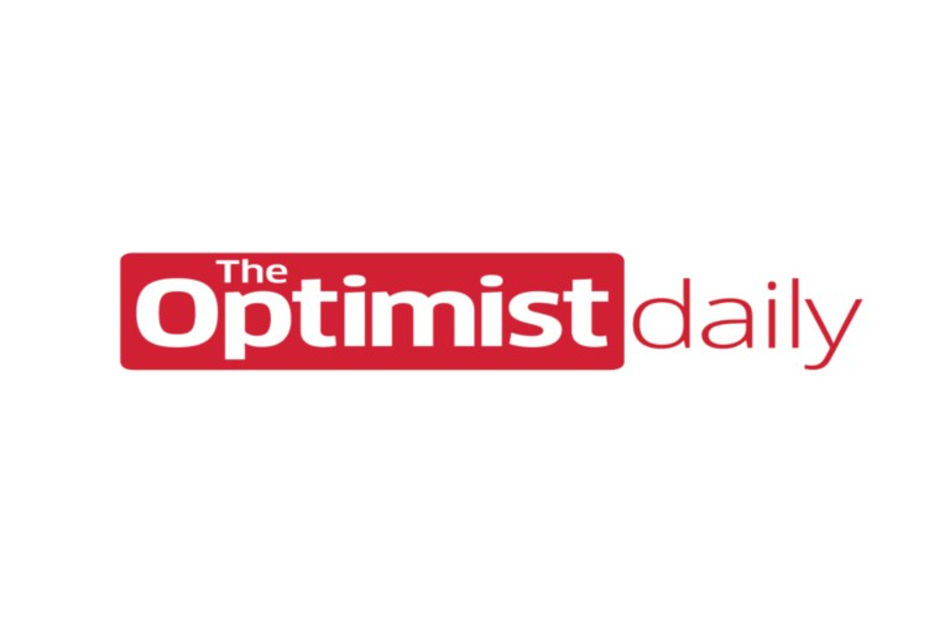In developing countries, human waste is often left out in the open or funneled into the ocean, where it contaminates the water supply—leading to thousands of deaths each year due to gastrointestinal diseases. That’s beginning to change after an alliance of companies like Unilever and nonprofits like The World Bank have come together to launch The Toilet Accelerator, an initiative aimed at providing business support to emerging sanitation entrepreneurs in the developing world. The initiative began by helping companies manufacture toilets at scale, but now they are working with sanitation companies to turn human waste into a “resource” that can be effectively reused. At one sanitation company in Ghana, dried fecal waste is being mixed with organic waste to be converted into biogas that fuels electricity generators.

The developing world is turning its poop problem into a resource
More of Today's Solutions
Vision board ideas for adults: how to create one that inspires real change
BY THE OPTIMIST DAILY EDITORIAL TEAM A vision board might look like a crafty throwback to childhood afternoons spent collaging. But don’t write it ...
Read MoreIndia’s social experiment: how paying women directly reshapes welfare, autono...
BY THE OPTIMIST DAILY EDITORIAL TEAM Across India, millions of women now receive a modest but unwavering deposit each month into their bank accounts. ...
Read MoreNew Zealand’s groundbreaking shift to renewables promises massive emiss...
New Zealand launched its most ambitious emissions reduction initiative to date in an incredible undertaking. The government announced a historic switch from coal to ...
Read MoreGoing for the goal: the impact of team sports on boosting young girls’ ...
In a pioneering study, the Here for Every Goal report demonstrates that team sports, particularly elite women's soccer (referenced from here on in this ...
Read More









